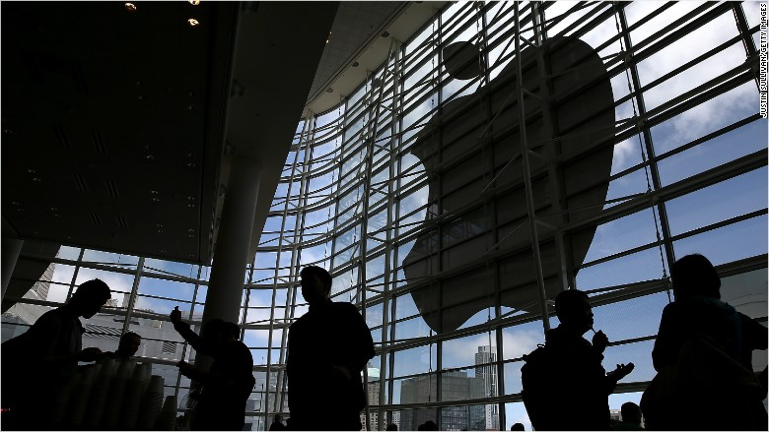By Jenna Andrews
A record-breaking tax dispute between Apple and the European Commission (EC) has resulted in an order for Apple to pay $14.5 billion to Ireland for reimbursement of illegal state aid. Apple is appealing this decision to the European General Court and the result will likely alter how corporate tax avoidance is regulated in Europe. The action against Apple is one of several dozen cases brought against U.S. multinationals by the European Commission. The EC contends that these tax breaks are devices for European Union (EU) member states to subsidize corporations within their borders, thus distorting competition.
The EC took issue with a tax ruling between Apple and Ireland, under which Apple paid far less than Ireland’s statutory rate on EU sales income. The tax arrangement allowed Apple to pay a remarkably low rate ranging from 0% to 1%, far lower than Ireland’s 12.5% corporate tax rate. The EC indicated that in 2014, Apple paid a 0.005% rate, allowing the company to pay $50 in taxes for every $1 million in profit. With 90% of Apple’s foreign profits being earned by Irish subsidiaries, Apple was able to apply these low tax rates to nearly $200 billion in foreign profits over the past ten years.
The EC’s position is that this arrangement violates the EU’s prohibition of government subsidies to private industry and that the arrangement gave Apple a significant tax advantage that distorted competition. The EU’s Competition Commissioner, Margrethe Vestager, who spearheaded the Apple investigation, stated that the ruling aimed to create a “level playing field” for all European Union businesses.
Apple has denounced the ruling, arguing that the tax structure in Ireland is applicable to all companies and is not unique to Apple. Following the decision, Apple’s CEO, Tim Cook, put out a statement saying “We never asked for, nor did we receive, any special deals.” Cook also indicated that Apple is the largest taxpayer in the United States and is not a tax dodger.
Ireland has also voiced dissatisfaction with the ruling despite being awarded the $14.5 billion reimbursement. After the judgment, Ireland’s finance minister, Michael Noonan, stressed that the ruling diminished the integrity of the Irish tax system and hindered the country’s ability to provide businesses with tax certainty. Subsequently, the Irish government filed their own appeal to the decision.
The result of Apple’s appeal will determine Ireland’s future as a tax haven for Apple and many other U.S. tech giants. If the decision is upheld, companies such as Google and Microsoft may face similar scrutiny and comparably large tax bills. Additionally, upholding the decision will establish these illusory tax rates as a method of illegal subsidization under EU law. A successful appeal, however, could validate competitive international tax deals for the time being.
Regardless of the outcome, the EC’s sizeable ruling against Apple, along with similar investigations and rulings against multinational corporations, signify a worldwide effort to cut back on tax structures that minimize corporate tax liability. Multinationals should take notice of the increased scrutiny placed on companies engaged in international tax schemes and reconsider their own international tax strategies.
Student Bio: Jenna is a staff member of the Journal of High Technology Law and 2L at Suffolk University Law School with a concentration in Business Law.
Disclaimer: The views expressed in this blog are the views of the author alone and do not represent the views of JHTL or Suffolk University Law School.

